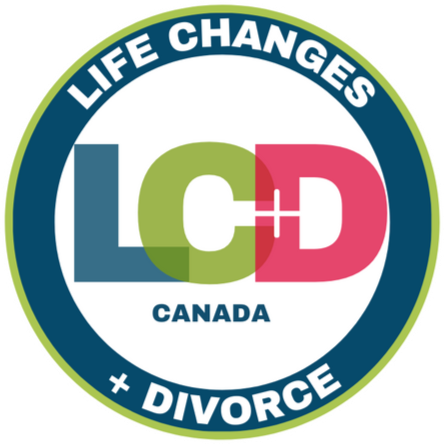Candid Confessions: A Child's Journey Through Divorce
My parents got divorced when I was approximately 12 years old.
It all began with the best intentions to do what was right for their children. However, when emotions took over, finding balance became challenging. I don't recall the exact day they broke the news to me, but the day my dad left home remains vivid in my memory. As he packed his belongings into the car and took his books and magazines from the library, it felt like his presence was slowly vanishing from the house.
I can't quite remember our farewell words, but the overwhelming feelings of emptiness and fear still stay in my mind. After my dad left, my mum was visibly sad and cried a lot, while I felt utterly lost and didn't know how to cope with the situation. My relatives told me that I needed to take care of my mum because she was feeling really bad, and my mum told me to take care of my sister. Unfortunately, nobody told me that I needed to take care of myself and my own feelings.
The years that followed the seemingly "amicable" divorce on paper transformed into a war, and I found myself trying to serve as a mediator between my parents.
Those years are etched in my memory as the darkest period of my life. I didn't want to share my feelings with my friends because I felt embarrassed. I tried to satisfy my parents by relaying the messages they wanted me to deliver to each other, suppressing my own emotions to appear strong and capable of handling the situation. Many times, I heard remarks like, "you should have said that..." or "why didn't you say that...," leaving me struggling to help them find a balance.
During that time, I didn't realize that it wasn't my position to fix their issues. I constantly felt like I was failing and blamed myself for most of the situations that arose. To avoid all of this, I decided I had to choose sides, so I told my dad that I didn't want to see him anymore. For years, I had no relationship with my dad -as he was the "bad guy" because he had cheated on my mom. This decision helped me stop being a weapon-mediator between them, but unfortunately, they didn't realize it. My dad accused me of not wanting to see him, while my mum kept urging me to do the right thing and try to see him. All I could do was suppress my feelings and stick to my opinion.
It took until I was 40 years old and underwent years of therapy to realize that all the things I did were survival mechanisms and nothing more.
My body was protecting me, trying to create distance between me and my feelings, while my mind was striving to find some peace. When I came to this realization, I decided to write a letter to my parents, expressing all the things I had wanted to ask from them but never had the courage to do so. Simple things like not talking about money in front of me, not accusing each other in my presence because it hurt me, not putting me in the middle of the conflicts, and not speaking negatively about third parties.
From this letter, I created the book "Mum, Dad, can you hear me?", which is based on my personal story.
My goal is to help parents understand how hard it is for kids when they are caught in the middle of fights and feel forced to choose sides. It's difficult to hear negative things about the other parent when, in the eyes of the children, both individuals are still their parents, and it's not easy for them to hate either one. They just want to find ways to feel accepted.
I also wanted to give voice to the kids themselves. Parents have the opportunity to share their stories with therapists, lawyers, courts, and mediators, but kids often don't feel heard because it's challenging for them to trust someone and share their authentic feelings. Most of the time, they try to please one of the parties, especially the one they live with, because they need to feel accepted.
In conclusion, I would like to offer a reminder that, as a parent myself, I try to always remember that parents sacrifice a lot for their children. However, it's essential to recognize that children often sacrifice their own sense of self in order to feel accepted by their parents.
Despina Mavridou - Lawyer, mediator and author of the book “Mum dad can you hear me”. If you are interested in hearing a personal story of divorce from a child's perspective, you can find it in English on all Amazon stores together with a diary that I have created in order to help kids cope with their feelings. Additionally, the book is available in Portuguese from Gaudi Editorial and in Greek from 24grammata.
Note: The author, compiler and publisher do not assume and hereby disclaim any liability to any party due to these words coming from the author’s own opinion based on their experiences. This account is based on the author’s own personal experience. We assume no responsibility for errors or omissions in these articles.

